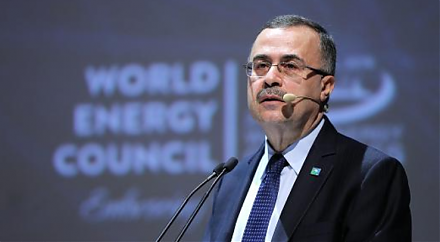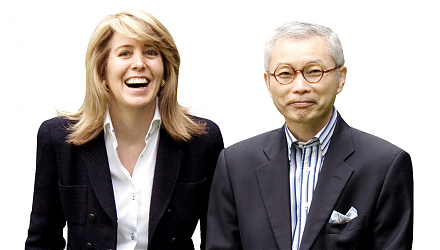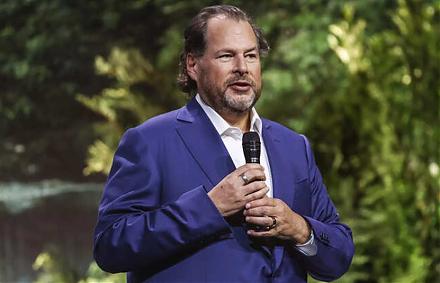

2018-01-04 07:36:00 Thu ET
technology social safety nets education infrastructure health insurance health care medical care medication vaccine social security pension deposit insurance
The world now faces an economic inequality crisis with few policy options. Some recent U.S. Federal Reserve data suggest that both income and wealth inequality accelerates in America. The top 3% own 54% of U.S. wealth, whereas, the bottom 90% own only 24% of U.S. wealth. The top 3% rake in a much greater proportion of total income in comparison to the prior state back in 2010, whereas, the bottom 90% earn proportionately less now. U.S. income and wealth concentrate in white citizens, homeowners, and upper social echelons with high educational attainment.
This economic inequality between the rich and the poor also prevails in Britain, China, Japan, Australia, New Zealand, France, Germany, and some other parts of the Euro zone. Populist politics would seem to have become a natural reaction to this worldwide inequality in light of Brexit, Trump presidential election victory, and strongman rule by Putin, Xi, and Duterte. Pundits and policymakers can consider several solutions such as income tax credit, greater public investment in education, more progressive wage-versus-capital income tax treatment, and less residential segregation. A radical solution involves what Professor Thomas Piketty proposes as global capital taxation. The latter may affect international capital flows as Tobin taxes lower the average after-tax rate on capital investments in different countries.
If any of our AYA Analytica financial health memos (FHM), blog posts, ebooks, newsletters, and notifications etc, or any other form of online content curation, involves potential copyright concerns, please feel free to contact us at service@ayafintech.network so that we can remove relevant content in response to any such request within a reasonable time frame.
2017-09-25 09:42:00 Monday ET

President Trump has allowed most JFK files to be released to the general public. This batch of documents reveals many details of the assassination of Presid
2019-12-13 09:32:00 Friday ET

Saudi Aramco aims to initiate its fresh IPO in December 2019. Several investment banks indicate to the Saudi government that most investors may value the mi
2020-05-21 11:30:00 Thursday ET

Most blue-ocean strategists shift fundamental focus from current competitors to alternative non-customers with new market space. W. Chan Kim and Renee Ma
2022-04-25 10:34:00 Monday ET

Corporate ownership governance theory and practice The genesis of modern corporate governance and ownership studies traces back to the seminal work
2025-10-09 11:30:00 Thursday ET

Stock Synopsis: With a new Python program, we use, adapt, apply, and leverage each of the mainstream Gemini Gen AI models to conduct this comprehensive fund
2019-08-30 11:35:00 Friday ET

The conventional wisdom suggests that chameleons change their skin coloration to camouflage their presence for survival through Darwinian biological evoluti